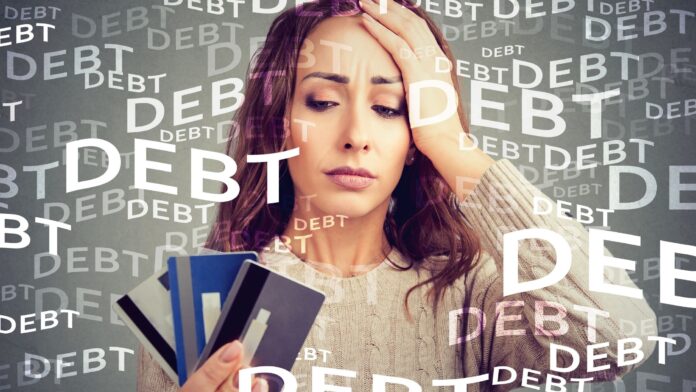When working to improve your financial situation, two important factors are paying down debts and increasing your savings. Taking care of these issues can improve your financial outlook quite a bit. However, a problem many people encounter is whether to pay down debt before investing money in savings or vice versa. As with most things, there is no one correct answer. Which to tackle first likely depends upon your individual circumstances. Let’s take a deeper look at some things to keep in mind when considering whether you should save or pay off debt first.
Assess Your Situation
First, you’ll want to take a moment to assess your situation. Take a look at the type of debt you have. Your high-interest consumer debts such as credit cards are important to tackle early. Getting rid of your high-interest debt will give you more money to put toward other financial life goals, including your savings. Along with tackling consumer debt, you also want to make sure you have at least some sort of emergency fund set aside. Life happens. Having some money set aside will help you to avoid adding more high-interest debt or finding yourself in a position you’re not prepared for when a crisis occurs.
When to Save First
You should definitely prioritize saving if you have no emergency fund. Experts recommend you have at least the equivalent of three to six months’ worth of your basic expenses in your emergency savings account. This will tide you over in the event of a job loss or other financial disaster. Therefore, you’ll to set money aside in your budget to start accumulating this total. Once your emergency fund is in place, you can focus on paying down that debt. In addition, if your debt has a relatively low-interest rate, you may be able to focus more of your assets on saving for larger goals such as kids’ education or retirement. In addition, if your employer matches retirement savings, it’s always wise to contribute enough each month to receive that match.
When to Pay Down Debt First
If you have a bare minimum saving set aside of three to six months’ worth of expenses, you can then focus on paying down your high-interest consumer debt. Removing your interest payments over time will give you a much higher return than on most other traditional investments. You’ll then have that money to invest elsewhere, such as accumulating savings for an important life event. Make sure a significant portion of your monthly budget is set aside to tackle your high-interest credit cards and loans. Consolidating credit card bills into one balance-transfer card could help. Paying off your debt early can also help improve your credit utilization, thus leading to a higher credit score.
Ultimately, whether it’s best to pay off debt or save money first depends upon your unique situation. Follow these guidelines to get started. Then, you can likely craft a balanced approach that allows you to continue saving for the important things while keeping your debt to a minimum.










